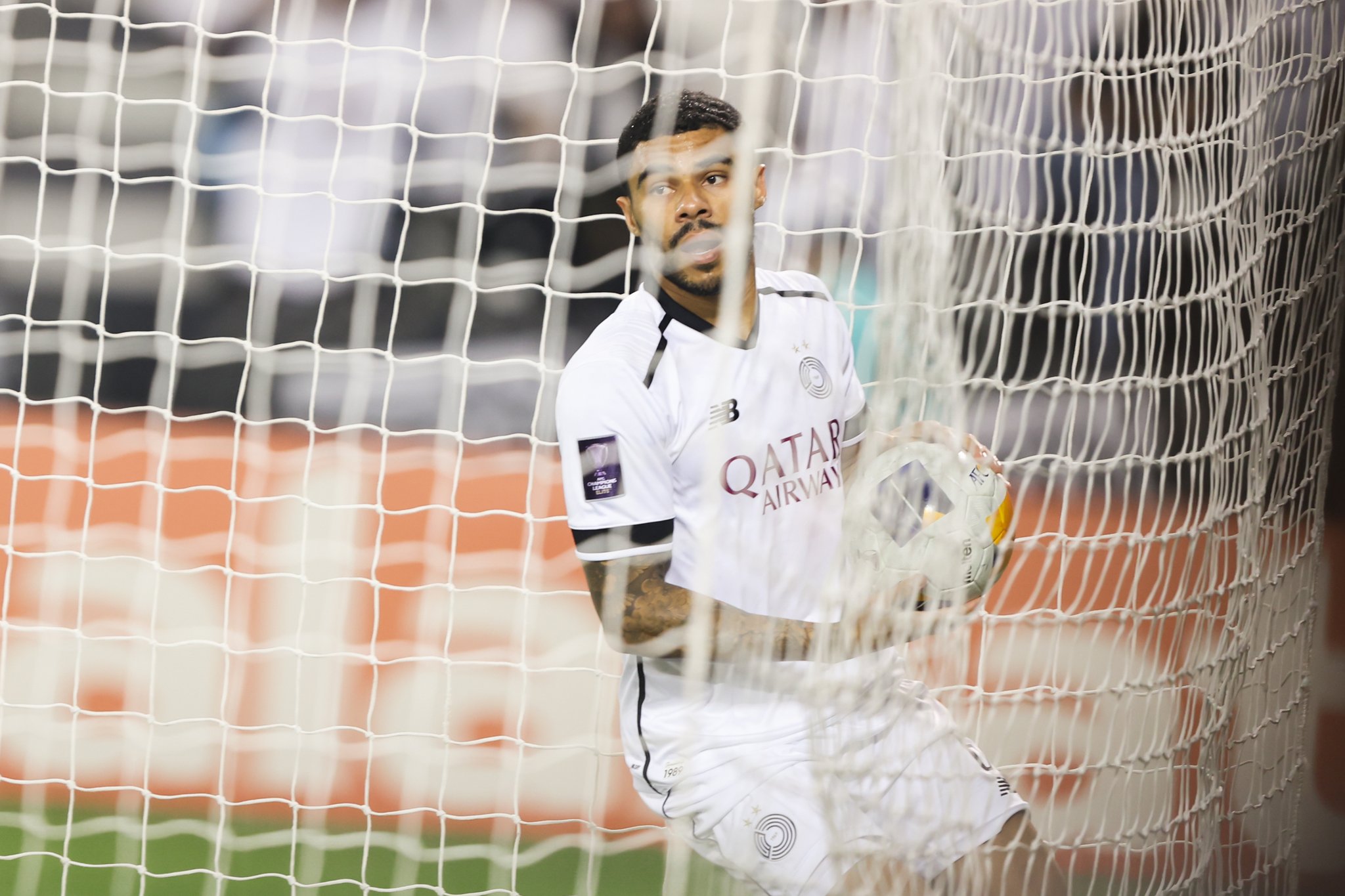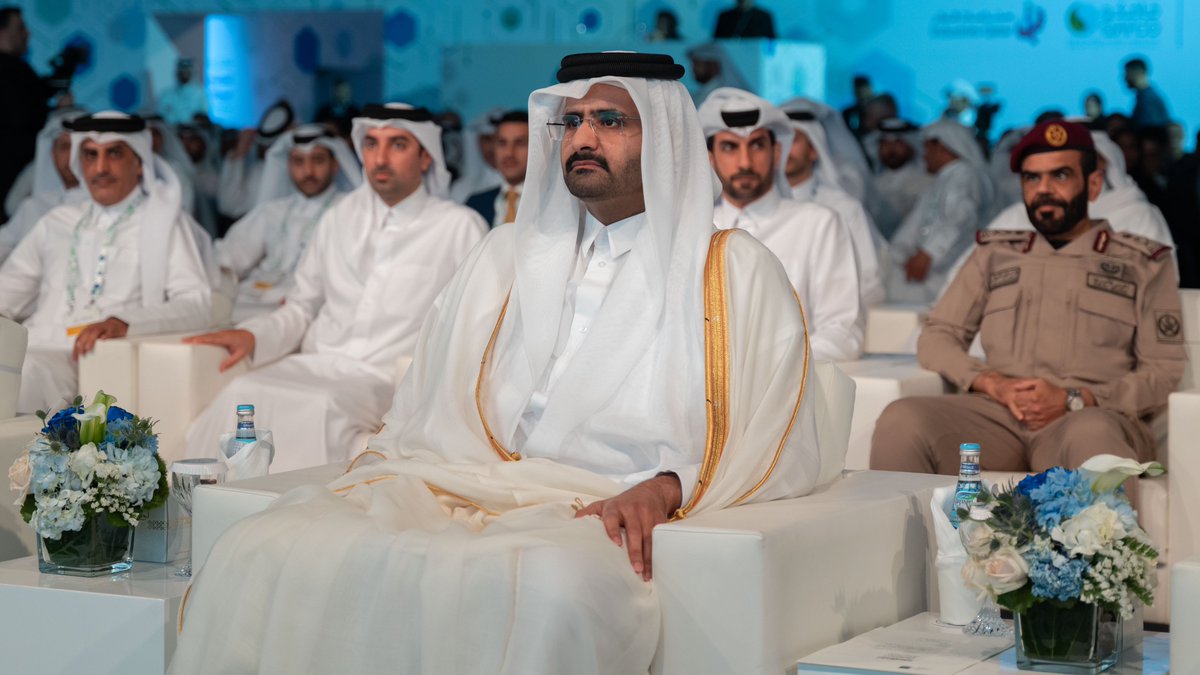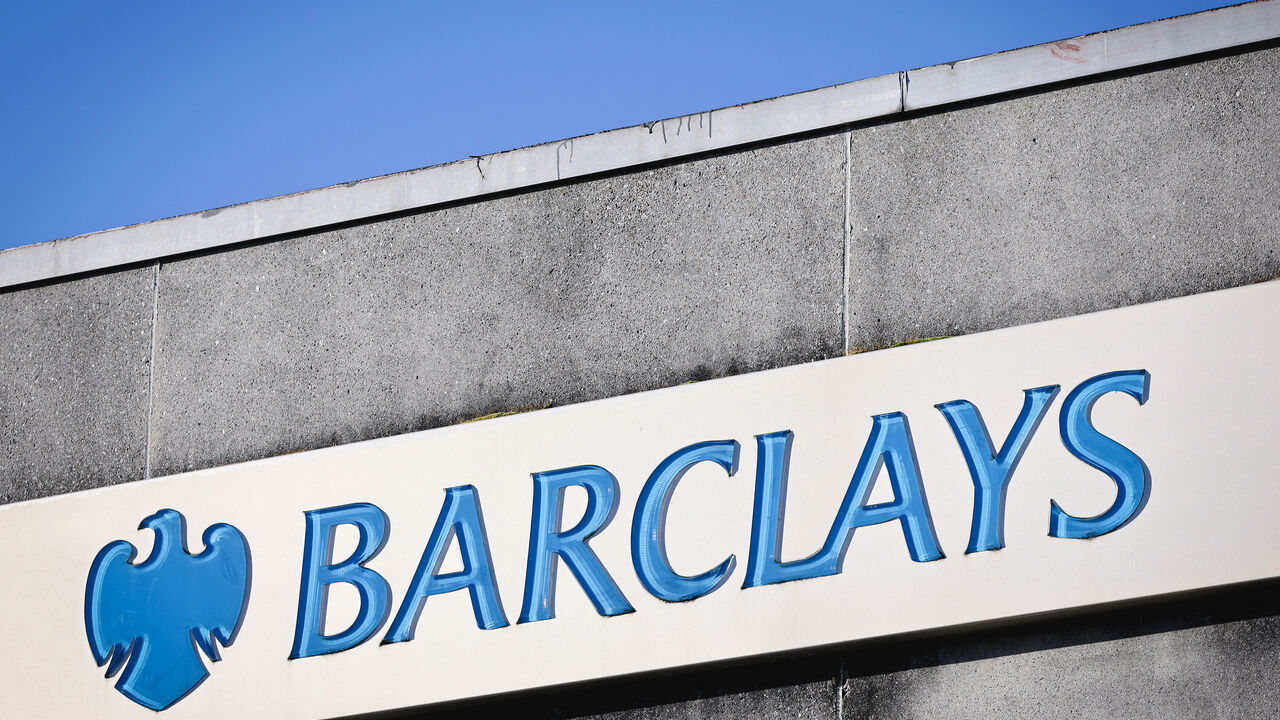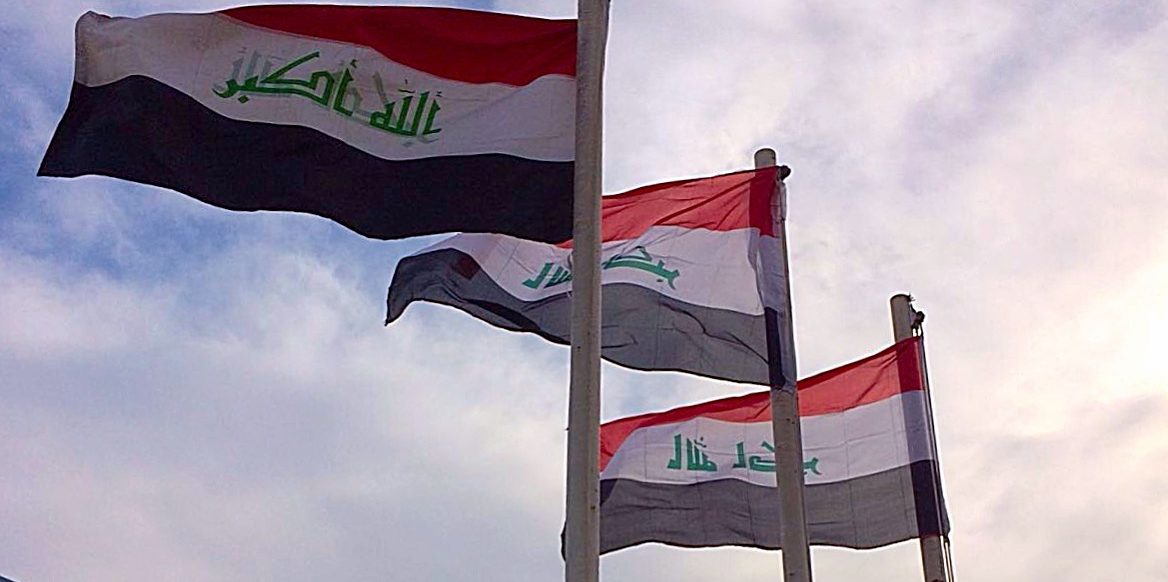In March this year, Premier League and English referees were asked to allow Muslim players to break their fast during matches over Ramadan.
This year’s holy month of Ramadan has been a historical period in the football world as several Muslim players had the opportunity to observe the religious holiday while still battling it out on the pitch.
Referees manning Premier League were directed to find a natural pause in play during evening matches to allow any Muslim player or match official to break their fast before continuing the action on the pitch.
Notably, this year’s Ramadan was observed during the critical end of the football season, when trophies and titles, such as the Champions League championship, are up for grabs.
The world’s best Muslim players in such competitions, such as Liverpool’s Mohamed Salah, Manchester City’s Riyad Mahrez, and Chelsea’s Ngolo Kante, are among the countless Muslim players assumed to be fasting during the holy month.
Since it’s a challenge for Muslim players to cope with the demanding schedule of professional football during Ramadan, the change in tune by English football officials has at least brought the custom to light.
At the start of Ramadan, Chelsea’s Wesley Fofana was permitted to take energy gels at the side of the pitch amid a delayed moment for a penalty.
The 22-year-old French footballer praised the allocation, thanking the Premier League for allowing him to break his fast.
“That’s what makes football wonderful,” he said.
During Ramadan, an Everton match was stopped in the 26th minute to allow a trio of Abdoulaye Doucoure, Amadou Onana, and Idrissa Gueye to consume fluids and supplements.
In an interview with BBC Sport, Doucoure revealed that he is careful not to miss fasting during Ramadan and hasn’t faced any problems.
“I fast every day. I don’t miss any days. Sometimes playing football has been hard because Ramadan has been in the summer and during pre-season. But I have always been lucky to practice Ramadan and there have never been problems with my physical condition – I am grateful for that,” he noted.
In addition, Doucoure argued the English Federation was “the best league for Muslims to be in.”
“In the Premier League, you are free to do whatever suits you, they will never do anything against your faith, and this is great,” the midfielder voiced.
‘Two sides to the story’
However, across Europe, rules vary for footballers breaking fast during matches.
The French Football Federation (FFF) responded to the Premier League’s progressive change by reminding French referees that they cannot pause games.
Eric Borghini, chair of the Federal Commission of Referees and member of the French Football Federation, said that such stoppage of football matches is against the league’s laws.
“Football does not take into account the political, religious, ideological or trade union considerations of its actors,” Borghini wrote in an email addressed to referees sourced by L’Equipe.
“This principle is imposed on everyone: instances – clubs – licensees – referees. It is up to all stakeholders to ensure that it is respected,” Borghini added in the leaked email.
Nantes defender Jaouen Hadjam this year was dropped by head coach Antoine Kombouare after maintaining his fast for Ramadan.
“There is no controversy,” Kombouare said after the Algerian footballer was left out of the squad for Nantes’ 3-0 home defeat by Reims earlier this month.
“Those who fast, I support them. On matchdays, you should not fast.
It is not a punishment. I set rules. It’s his choice and I respect it,” Kombouare voiced.
The ruling of Kombouare sparked several debates, with both sides questioning if it is a coach’s standing to deal with his player’s religious beliefs.
“Kombouare…without commenting on the character…let everyone do their religion as they wish, that’s nobody’s business and even less a bogus coach,” a user wrote on Twitter upon the announcement of Hadjam’s dismall.
Five Muslim players in the Nantes squad fasted during the Muslim holy month. But Kombouare has made eating and drinking a condition for having a place in the squad for match days.
Paris Saint-Germain (PSG) fans have denounced the (FFF) for refusing to pause evening matches during the holy month of Ramadan so that Muslim players can break their fast.
“A date, a glass of water, the nightmare of the FFF,” a banner of Collectif Ultras Paris, a PSG fan group sitting behind the goal at the Parc des Princes, said in criticism of the federation’s decision.
Regardless of the opposition by intolerant leagues and coaches, a sway of religious liberty, tied explicitly in this case to Muslim footballers, is slowly but surely developing.







